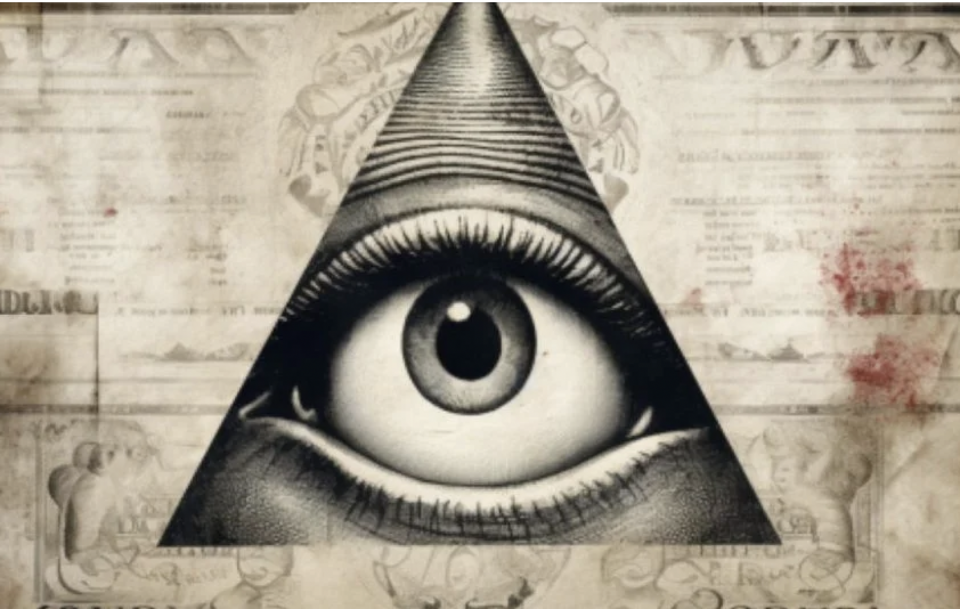Researchers from Linköping University in Sweden have delved into the connection between the belief in subjective truth and susceptibility to conspiracy theories. Their investigation involved two studies conducted with participants from Sweden and the UK. These studies explored individuals’ perspectives on truth, their responses to conspiracy theories, and their reactions to nonsensical sentences.
The findings revealed a strong correlation between the belief in subjective truth and the acceptance of conspiracy theories. Individuals who regarded truth as subjective were more likely to embrace conspiracy beliefs and resist factual contradictions. Paradoxically, this perspective on subjective truth was also linked to dogmatism, suggesting that such individuals often reject others’ truths.
The first study, involving around a thousand participants from Sweden, examined their views on truth, positions on conspiracy theories, and assessments of nonsense sentences. The second study expanded on this with over 400 participants from the UK, adding measures of dogmatism and willingness to adapt perceptions when confronted with new facts.
The researchers identified two types of truth relativism: one where truth is considered personal and subjective, and another where truth depends on one’s cultural or group affiliation, known as cultural relativism. The results demonstrated that those who believed in subjective truth were more prone to conspiracy theories and more likely to hold onto their beliefs despite contradictory evidence. They also tended to find deeper meanings in nonsense sentences.
The surprising link between subjectivism and dogmatism, as observed in the UK data, suggests that individuals who assert personal truth may paradoxically reject others’ rights to their own truths. This research highlights the potential dangers of embracing subjective truth, particularly in the context of political debates where fundamental disagreements about the nature of truth can underlie differing opinions on factual matters. While the study didn’t establish causality, it underscores the association between truth relativism and a higher susceptibility to misleading information, serving as a valuable consideration in discussions surrounding critical thinking and education.

